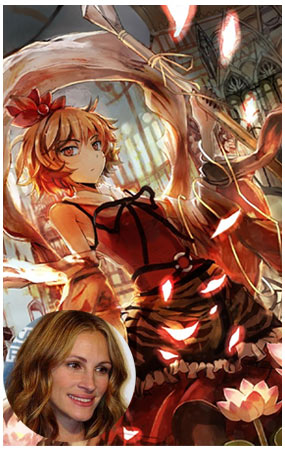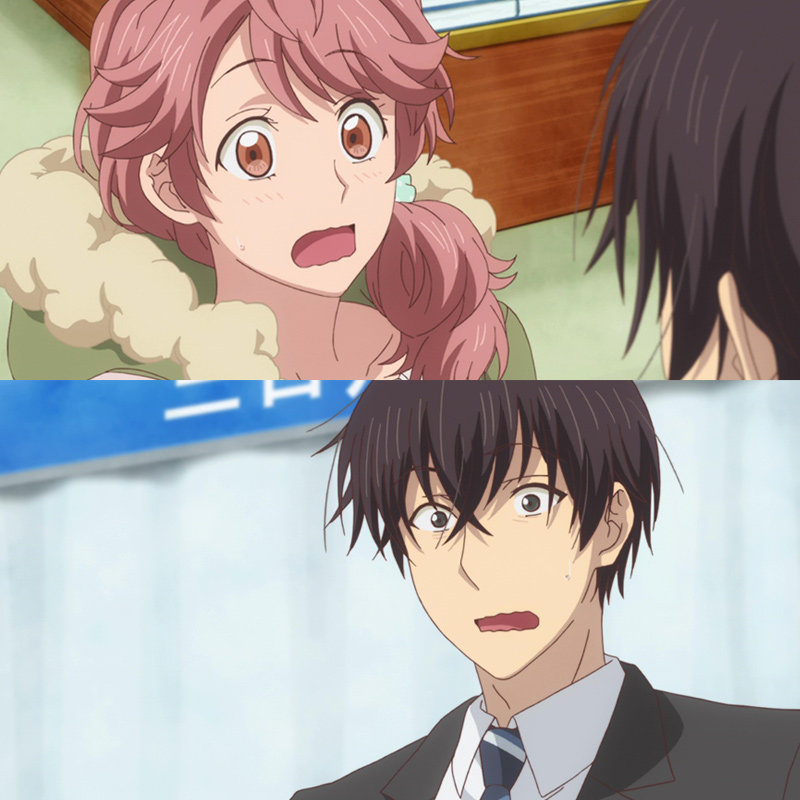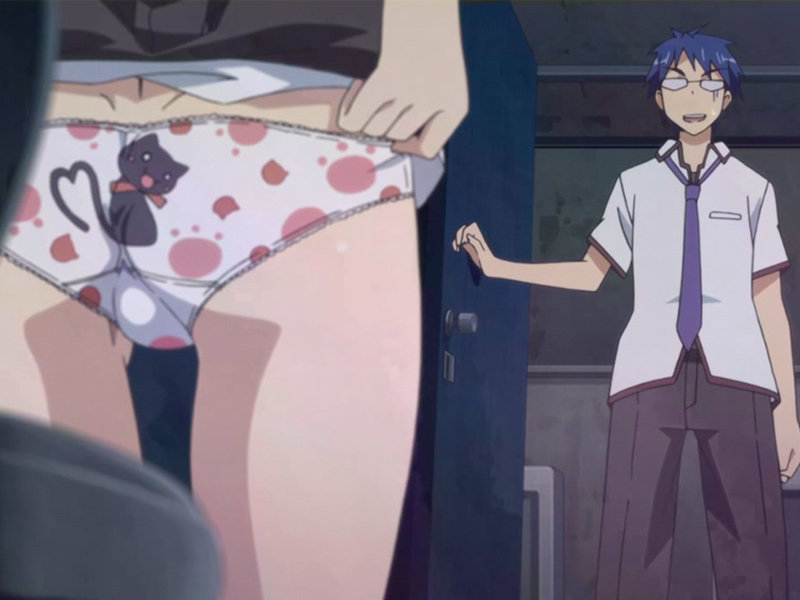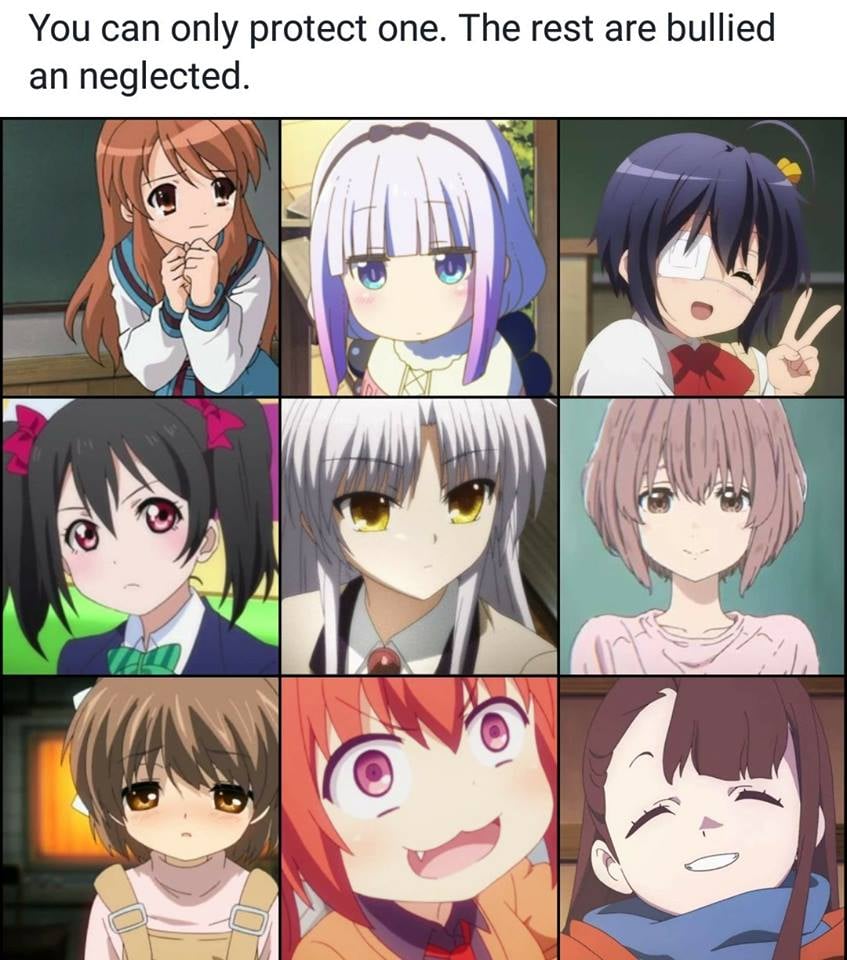One thing you learn about the Japanese people pretty quickly is that they can be quite superstitious, believing that if you cut your fingernails at night you won’t be able to be with your parents when they die, or that if you sneeze twice, it means someone is gossiping about you, or that you should never write a person’s name in red ink or they’ll die, etc. Even after 20+ years in Japan, I still run into this in my daily life: if I should happen to whistle in the evening my wife will plead with me to stop, lest I summon snakes into the house. While sprinkling salt over your body when returning from a funeral, lest the spirits of the dead enter your home and dwell there, is all very harmless, there are a few “really big” Japanese superstitions. One is yakudoshi, the “unlucky year” that’s said to be the age of 33 for women and 42 for men, and nearly all Japanese will avoid doing things like getting married or starting construction on a house during these years lest disaster strike. Another big one is Hinoeuma, an odd belief that girls born in the Year of the Fire Horse (the last one was in 1966, and the next one is 2026) will be headstrong and unable to find husbands, and the Japanese birth rate always takes a big dive during these years.One fun aspect of Japan’s tradition of superstition are 妖怪 youkai (yoh-kai), a pantheon of traditional Japanese “folk spirits,” some of which have existed since the Edo Period. I say “spirits,” though ghosts, demons, monsters and fairies might be just as accurate a translation, as the term is rather fluid. Here are some of the more famous youkai creatures:
- テケテケ Teke Teke, the horrific upper torso of a girl whose body was cut in two, who roams the Japanese countryside cutting people in half to get revenge.
- 雪女 Yuki Onna, a female ghost who appears in snowstorms to freeze travelers as she searches for her lover.
- トイレの花子さん Toire no Hanako-san or Hanako of the Toilet, said to be the ghost of a girl who died because she didn’t hear the air raid sirens during a bombing in WWII. If you knock three times on the farthest door of the girl’s bathroom on the third floor of any school and ask, “Hanako-san, are you there?” she will answer you.
- 口避け女 Kuchi-sake Onna, the monstrous spirit of a woman whose mouth was cut from ear-to-ear. Also the universal nickname of Julia Roberts in Japan.
Many of these spirits clearly came about from parents wanting to scare children into being good, like 亜要 Akaname, a foul monster who comes to lick bathtubs that haven’t been scrubbed properly, or 九十九神 Tsukumogami, good spirits which reside in any object that has been used for 100 years, which teaches children to value their possessions. These youkai folk spirits are popular in Japanese pop culture and crop up all the time in anime and games, including Touhou, Inu x Boku and GeGeGe no Kitaro. (If you want to learn more about these magical Japanese creatures, we’ve got the Youkai Encyclopedias in stock now.)

Youkai, the magical “folk spirits” of ancient Japan.














